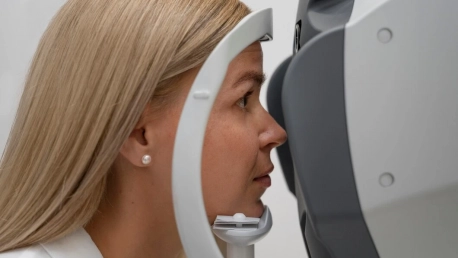In the intricate world of biopharmaceuticals, a novel paradigm is emerging that could significantly shift how we approach ocular conditions. At its forefront is Oculis, a company whose innovative exploration into precision medicine might just pave the way for tailored dry eye treatments. Central to their pioneering efforts is an anti-TNFα eye drop, licaminlimab, also known as OCS-02. This promising drug recently underwent rigorous testing in a phase 2b study involving 122 participants. Of particular interest were the results from a targeted subpopulation of 23 patients who share a certain TNFR1-related genetic signature—a signature that predisposes them to react favorably to licaminlimab.The full scope of the trial unveiled an encouraging “treatment effect” for the little vial of hope. However, the true glimmer of success shone through within the genotype-specific group. Compared to a placebo, licaminlimab showcased a statistically significant impact on corneal inflammation at select intervals. Furthermore, improvement was noted in other clinical signs including corneal staining, tear production, and conjunctival redness, which appeared to be markedly better in these genetically identified patients.









